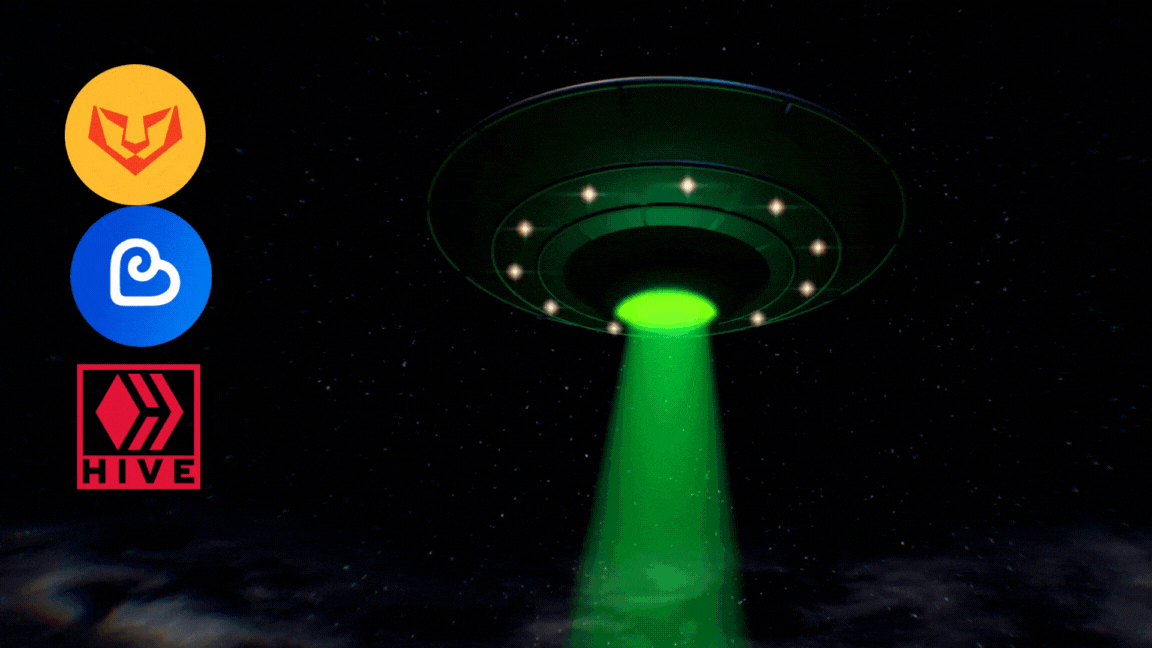When most people hear the word slavery, their minds travel back to dark chapters in history, chains, auctions, plantations, and the dehumanizing trade of men, women, and children across continents. For centuries, slavery was the backbone of empires, justified by greed and sustained by cruelty. Today, the world proudly points to abolition movements, landmark legislations, and international human rights declarations as proof that humanity has advanced beyond such barbaric practices. I still remember reading about the abolition of slavery trade and the kind of torture most of them have to go through, many were killed and one of the dark part of history was, after the slave trade was stop, some of the ship returning to africa with slave on them had to throw the slaves into the ocean so they won't be caught with any slave.

Yet, beneath this triumph lies an uncomfortable truth: slavery never truly disappeared. It merely evolved. It became subtle, less visible, and often cloaked in legality. From sweatshops where workers earn far below a living wage, to migrant laborers trapped by exploitative contracts, to human trafficking disguised as employment opportunities, slavery has adapted to fit into modern economies. Even in advanced societies, questions arise about whether certain labor conditions, excessive debt bondage, or exploitative corporate practices show the very chain we seek to break.

In today's world, slavery has been hidden in plain sight, and the truth is that some of us have found ourselves in such a condition, but because of the beautification of our jobs and job titles, we fail to see how we have been enslaved by the system. Anyway, I won't be talking about that today; I will be talking about the real-time modern slavery and how easy it is to be identified.
If you are very conversant with watching the news, you would have come around different news of modern-day slavery like Human Trafficking, which often includes forced prostitution. So many times have I seen ladies on the news talk about how they were promised a better life in another country, only for them to fall for the trick and end up in a brothel and being used for prostitution. They would continue this process until all the debt of their travel expenses has been paid and more. Now, while they are on this job, they don't get paid, and they must always answer when called upon.

Another modern-day slavery is child exploitation. It's so sad to see children being forced into labour because they have no power to fight for themselves. This often happens in some Asia countries and all over the world too. Children are kidnapped, then forced into working for them. They would provide them food and a place to sleep, trying to act like they care for them, but they wouldn't give them the basic things like freedom and education to be able to grow and survive outside the world created for them. Some of these children end up as prostitutes, or are killed if need be.

Some children are even forced into marriages, and the people marrying them are people old enough to be their parents or uncles, but since the child has no say in the matter, don't you think that's another form of slavery?

Finally, let's talk about organ trafficking, which is often hidden in plain sight, across borders and within local communities. It's so sad to see a very renowned person of my country, promising a child a better life outside the country, only for the man to be caught, and later discovered they wanted to harvest the child's organs and use used for someone else. A child who didn't consent to this is just wickedness, and at the end, if the child survives, they pay him some amount of money or kill the child to hide the history.

This is the world we find ourselves in. The truth is, slavery never truly left us, it simply changed its face. It may not always wear shackles or happen in open markets, but it thrives in shadows: in trafficked women, exploited children, stolen organs, and even in the systems that strip people of dignity under the guise of opportunity. What makes modern-day slavery even more dangerous is how silent and subtle it has become, often overlooked by the very societies that claim to have abolished it. I hope one day, all these will be address.
Thanks for reading. My name is Fashtioluwa.
Image designed on canva


